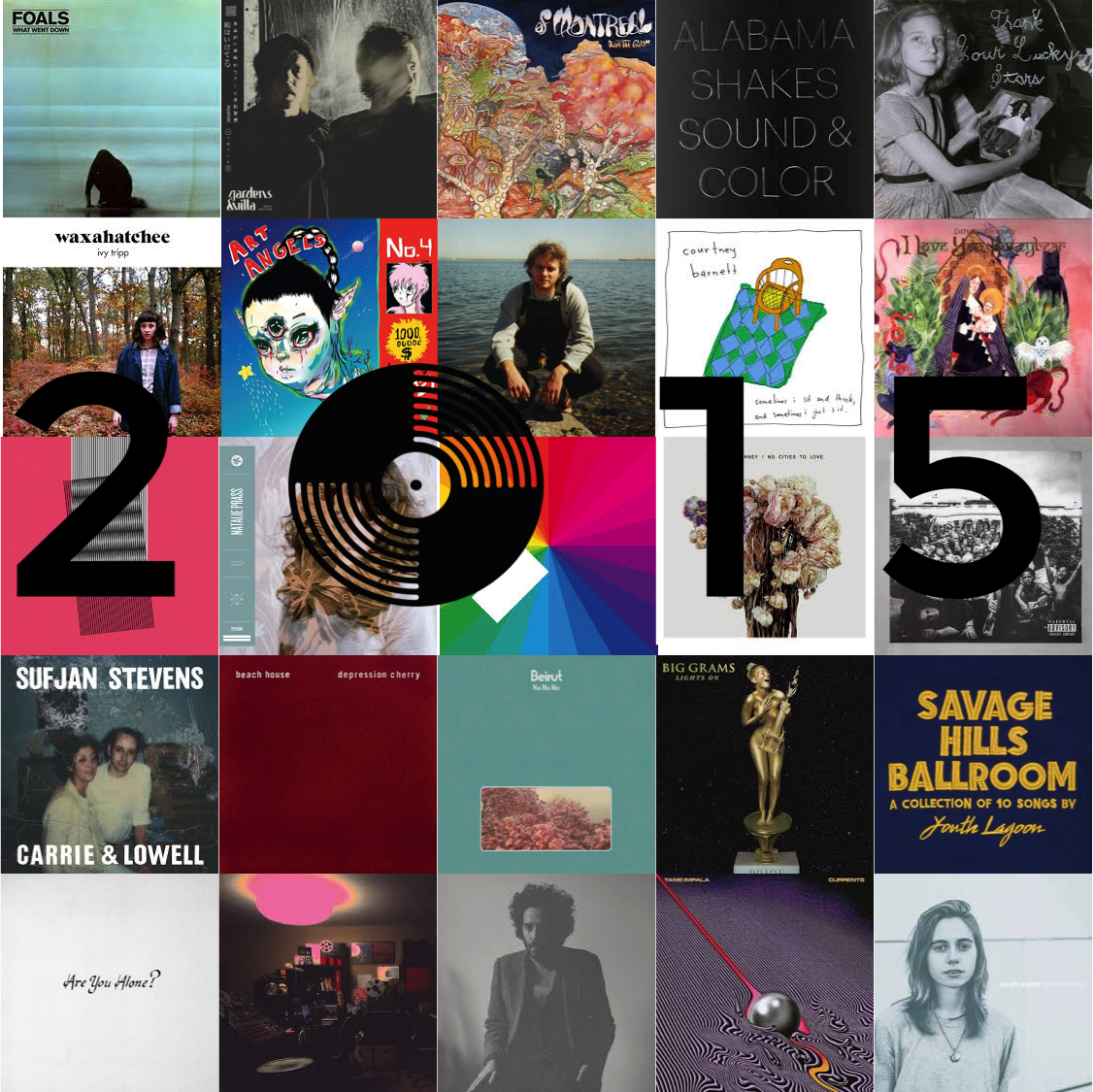TRANSVERSO: What was it like starting out in the Elephant 6 Collective in Athens, Georgia?
KEVIN BARNES: It sort of came together very unexpectedly when I moved down to Athens. I just knew one person who happened to connect me with all those other people, so it was really fortunate the way it happened. [It was] basically just a bunch of people who were making cassette four track recordings in their bedrooms and listening to Beach Boys’ Smile and [other], at that time, sort of obscure 60s music. Young people weren’t really listening to that stuff, so I needed to find a bunch of people my own age that were listening to those classic 60s records. It was great because, where I was living before in south Florida, there was nothing like that, basically everyone just listened to what was on the radio and dance music and things like that, so it was cool to meet all these likeminded people and to be inspired by each other and kind of create this new alternate universe together.
But you created the new record more or less isolated in San Francisco. What motivated this move and how did it affect you?
I’m not sure really what motivated it besides just wanting to get out of my comfort zone and go somewhere that sounded sort of exotic. I didn’t really know that many people but I knew enough people that I wouldn’t feel completely alienated in the new environment and [I] just sort of wandered around and spent a lot of time by myself and in my head thinking of ideas. I did a lot of reading, writing, and all that, so that’s cool, just to be focused to have nothing else going on other than focusing on writing. I think it inspired me because I was sort of romanticizing the concept of San Francisco and the different important cultural movements and events that happened there over the decades, [thinking] about the beat generation, the feminist movements, gay rights movements and all the important events that went down there. It’s cool because it’s a very culturally diverse city as well, so there’s so much ethnic diversity and cultural diversity and all these new places to discover, [whereas] in Athens, Georgia it’s a small town and there is not much mystery there. I’ve been [in Athens] so long that I kind of know everything, so it was cool to be in some new place that I could just go explore and discover new things.
of montreal is a bit of a revolving door in terms of members. How does it feel to be the solitary mainstay? Does that give you that sort of freedom you need to go to these places and do these things on your own?
Yeah, it’s cool to not have to answer to anybody because I’m very restless creatively speaking, and so it’s hard for me to really be attached to people in that way. I kind of need to be free to make decisions to help me go in different directions and realize different visions and so it’s just the way it is.
Your lyrics seem to fluctuate over a blurred line between personal and fictional. What can you tell us about that?
I think if you only write about yourself and your personal life it feels maybe a bit narcissistic, but I think it’s inevitable that there will always be some aspect of your personal life or your personal emotions or whatever coming through, even if you write about something that would seem like fiction. I guess I just made a decision early on that I wanted songs to be directly connected to my personal life and to reality, but I’ve gone through phases, like early on where I got kind of I got some bad reviews, and so I freaked out and [thought] well, I don’t want to put any of my personal life in there ‘cause it makes me too vulnerable. Then I’ve come back around to writing from a more personal perspective over the last six or seven records. If you write from a personal standpoint it’s likely to have a more timeless quality, just because you’re writing about universal themes that everyone can kind of identify with and they don’t really disappear.
Most of your early work is absent from your live shows, though. Is it because of those negative reviews? How do you go about picking a set from such an extensive discography?
No, I wouldn’t say that my decision making is affected by negative reviews of the early work, just because I’ve really sort of moved on, you know? I’m happy [those records] exist, but they don’t make any sense to me anymore; they came from a part of my psyche that’s either in hibernation or in a coma or dead or whatever. I don’t identify with them anymore, but the songs from the last six or seven records I still identify with, and it doesn’t seem foreign at all to play them. It’s really just wanting to play songs that I can connect with, ‘cause otherwise it’s just like doing some cover song or something. As far as putting a set together, it’s usually just a matter of thinking about what would be fun to play, what would feel good to play or would be therapeutic to play.














